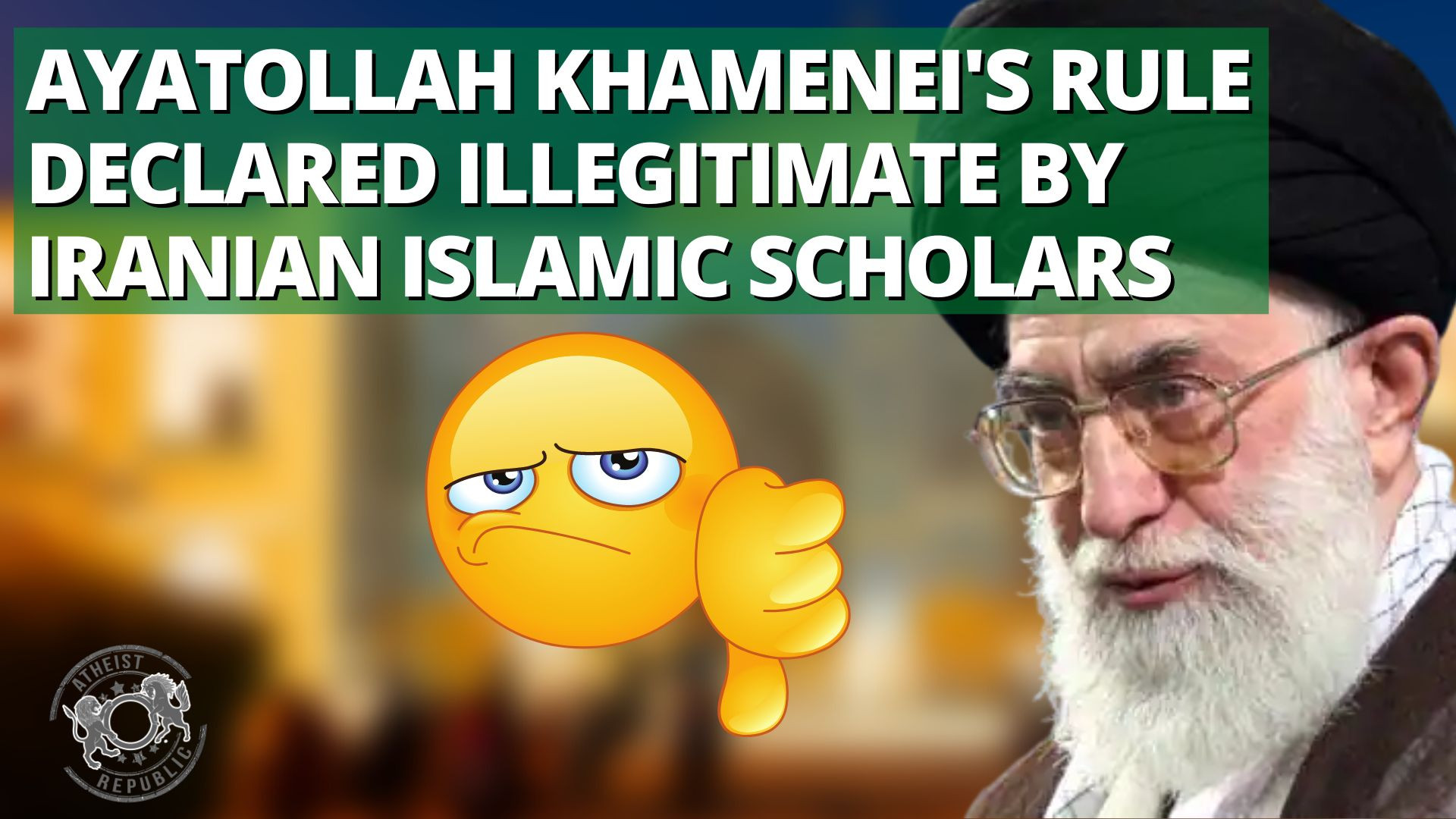
Teachers and students from multiple religious schools in Iran are challenging Supreme Leader Ali Khamenei's leadership over the crimes committed by his administration.
A group of students and teachers from seminary schools in Qom, Mashhad, and Tehran said Khamenei's guardianship is no longer valid.
In a statement released on September 30, 2022, the group claimed that "none of the influential officials and people with a platform are mujtahids and do not have a seminary education." A mujtahid is considered an Islamic scholar and someone who can speak Arabic fluently.
"The authorities of taqlid and the scholars of the field never knew him," the group claimed. "Neither in his youth nor now, as a virtuous and pure person in the sciences of the seminary, and they do not know him," they added.
The group also clarified that they are breaking their silence over the ongoing violent crackdown on protesters.
Iran has seen an increasing number of protests nationwide that started as a reaction to new rules enforcing the hijab.
Earlier this year, Iran's notorious Headquarters for the Promotion of Virtue and Prevention of Vice released a document that called for "cleansing society against nonconformance with Islamic dress codes."
The students and teachers of the seminaries of Qom, Mashhad, and Tehran said they "did not find an excuse for silence." The group considered it their "religious and moral duty to inform the rulers and the nation" of their opinion.
The group also called out Khamenei's attempt to silence them. The group claimed that a letter from his office, managed by his son Mojtaba, warned senior clerics not to express support for the ongoing protests.
The group also attacked Khamenei's violent crackdown, calling it a betrayal of Islamic values. "How can a government that violates the essentials of Islam claim the title of Islam," the group lambasted Khamenei.
Despite being a legal requirement to wear a hijab in Iran, the group of clerics and their students clarified that "the compulsion to observe hijab has no Shariah reason."
"The arguments that some have presented in favor of it are weak and distorted," they added.
The group also strongly dismissed Iran's president Ebrahim Raisi, claiming that a poor person's education is better than his educational background.
"He doesn't know things and commits mistakes that even minor students know and avoids committing," the group said of Raisi.
